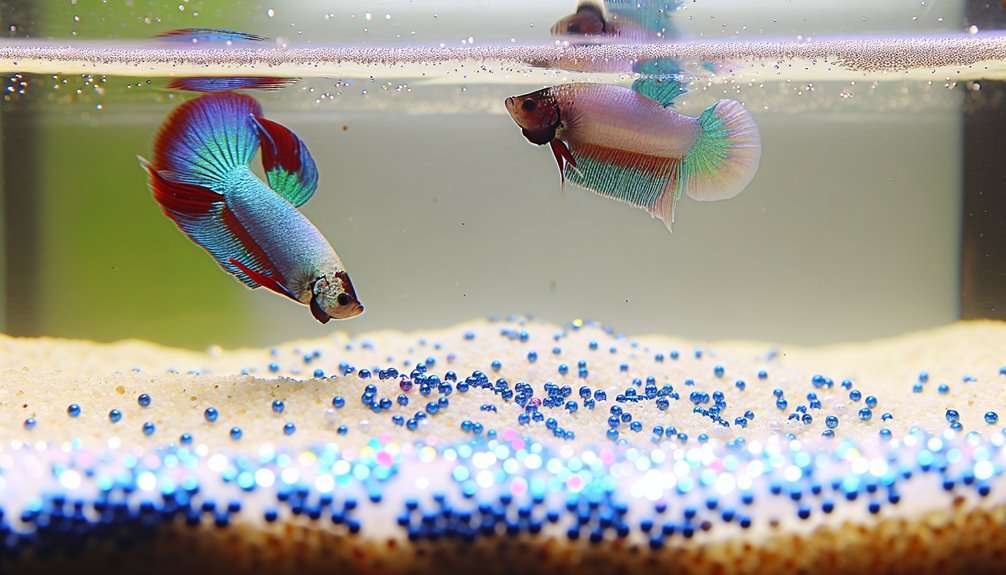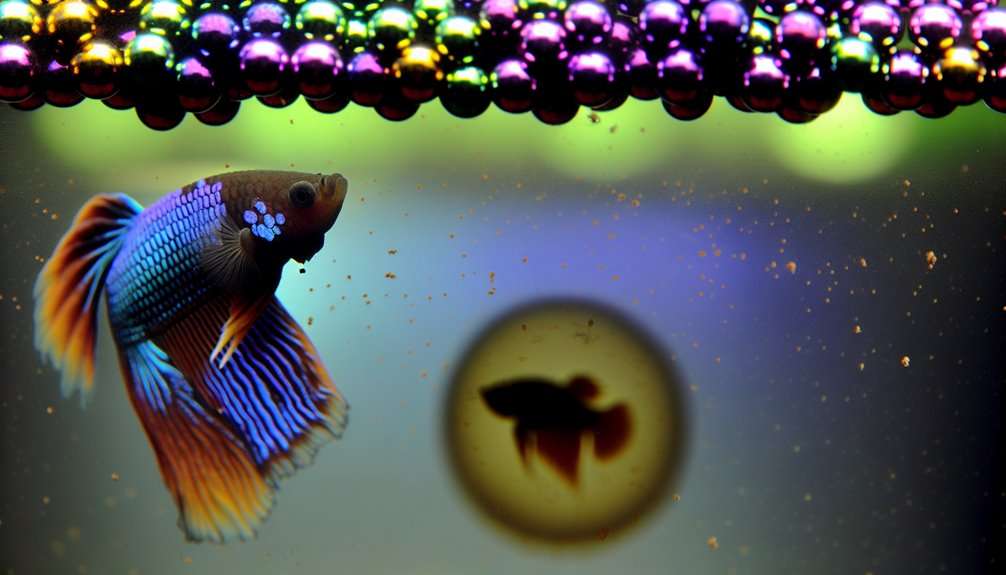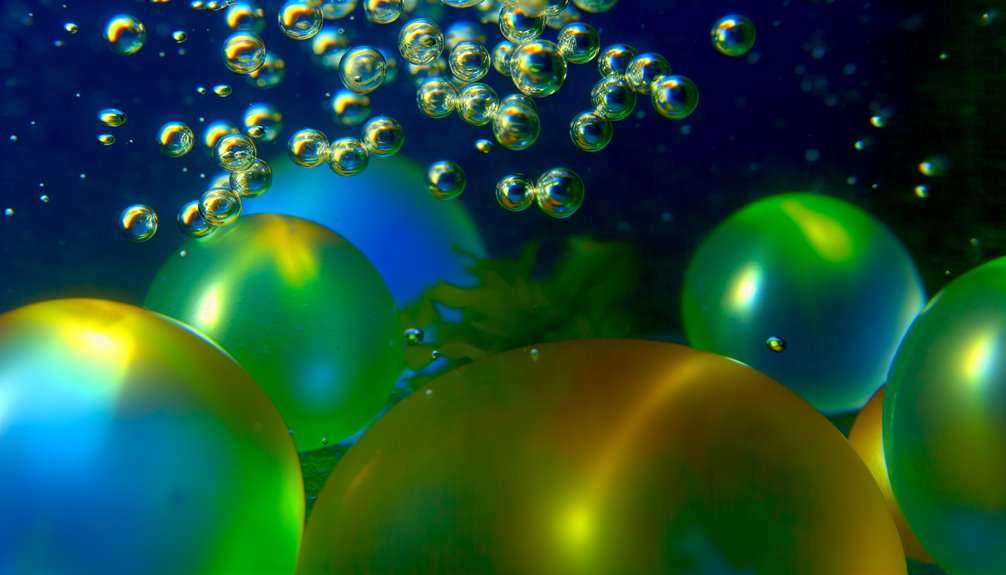Are betta fish smart? Yes—these fascinating fish show surprising cognitive abilities that go beyond their reputation as simple aquarium pets. Bettas can recognize their owners, respond to stimuli, and even learn basic tasks, all of which point to a deeper level of awareness. Understanding betta fish intelligence not only enhances how we care for them but also reveals how they interact with their environment in unique ways.
Are Betta Fish Smart :Key Takeaways
- Betta fish can learn to associate behaviors with rewards, demonstrating cognitive abilities similar to some other fish species.
- They recognize feeding patterns and anticipate meals, showcasing their ability to remember routines.
- Betta fish can perform simple tricks, such as swimming through hoops, indicating their capacity for learning.
- They engage in social interactions, recognizing owners and other fish through visual cues and body language.
- A stimulating environment enhances their intelligence, promoting exploration, problem-solving, and overall well-being.
Understanding Betta Fish Behavior
Have you ever wondered how Betta fish interact with their environment? These vibrant fish exhibit fascinating behaviors that reveal their adaptability. They often explore their surroundings, using their long fins to navigate and investigate plants, decorations, and other tank mates. You might notice them flaring their gills and spreading their fins when they feel threatened or want to assert dominance. Betta fish communicate through body language, showing signs of stress or happiness based on their movements and colors. When they’re comfortable, they display bright hues and swim playfully. Providing a stimulating environment with ample hiding spots and space allows them to express their natural behaviors, enhancing both their well-being and your enjoyment of observing them.









